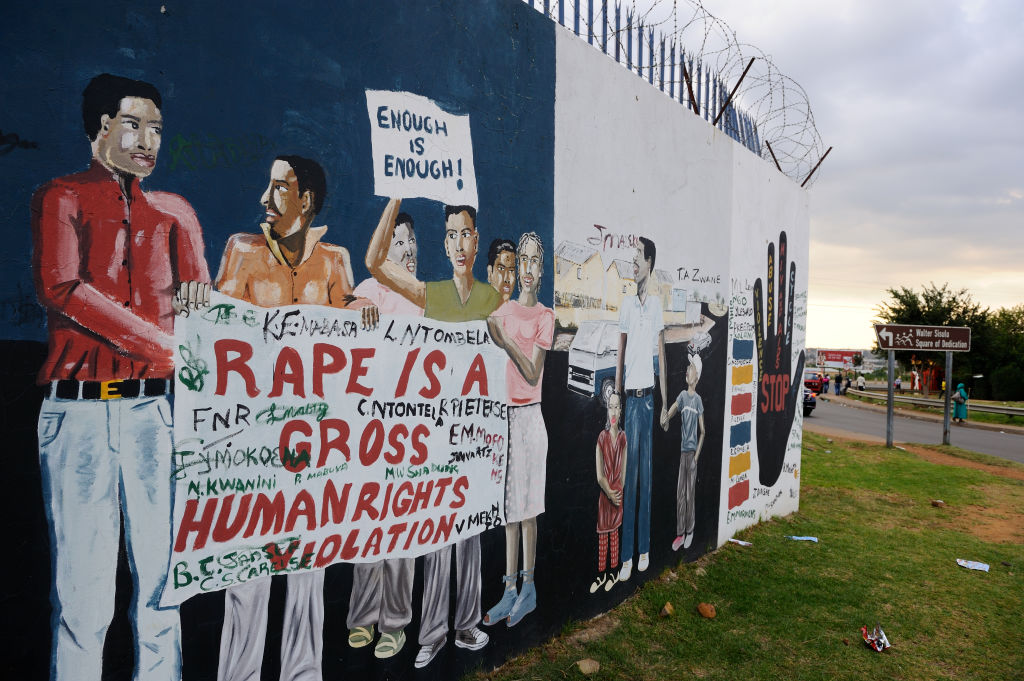South Africa’s ongoing battle with gender-based violence (GBV) has received a boost with the release of the first national study on the subject. Conducted by the Human Sciences Research Council (HSRC), the report goes beyond statistics to expose the structural and behavioral factors fueling this epidemic. At its core, the study reveals the interconnectedness of mental health crises, entrenched societal norms, and systemic inequalities. The report, first commissioned in 2022, was released during a press conference earlier this week.
Women Most at Risk
The study estimates that more than 7.8 million South African women have experienced lifetime physical and/or sexual violence, said Dr Nompumelelo Zungu, Deputy Executive Director at the HSRC, announcing the report in Pretoria.
While all women are vulnerable, those with disabilities face heightened risks. Women living with disabilities are twice as likely to experience sexual violence compared to those without. “For a lifetime, this report shows that all forms of abuse are very high for women living with disabilities,” Zungu explained. These women face unique challenges that demand urgent, tailored interventions, including their reliance on others for daily needs, which leaves them more exposed to abuse.
Black African women also bear the brunt of physical violence. “Lifetime physical violence was significantly higher among Black African women with 35.5%, compared to women of other race groups,” said Zungu.
Loading...
A Broader Crisis in Masculinity
The study highlights the mental health struggles faced by men, particularly those who perpetrate violence. Early childhood trauma, substance abuse, and socioeconomic pressures emerge as recurring themes among perpetrators. These issues underscore the need for targeted mental health services and programs aimed at dismantling harmful gender norms.
The findings show how deep-rooted societal norms perpetuate violence. Patriarchal beliefs, such as those normalizing men’s control over women, remain prevalent, contributing to a toxic environment. According to the study, nearly a quarter of men believe women cannot refuse sex with their husbands, and 8% believe there are times when women deserve to be beaten.
The Covid-19 pandemic amplified these vulnerabilities, with intimate partner violence (IPV) surging during lockdowns. Economic strain and isolation left many women trapped with their abusers, further underscoring the link between systemic inequalities and GBV.
The HSRC study presents a range of recommendations to tackle GBV, including community interventions to challenge harmful norms, enhanced support systems for survivors, and economic empowerment initiatives.
Loading...
